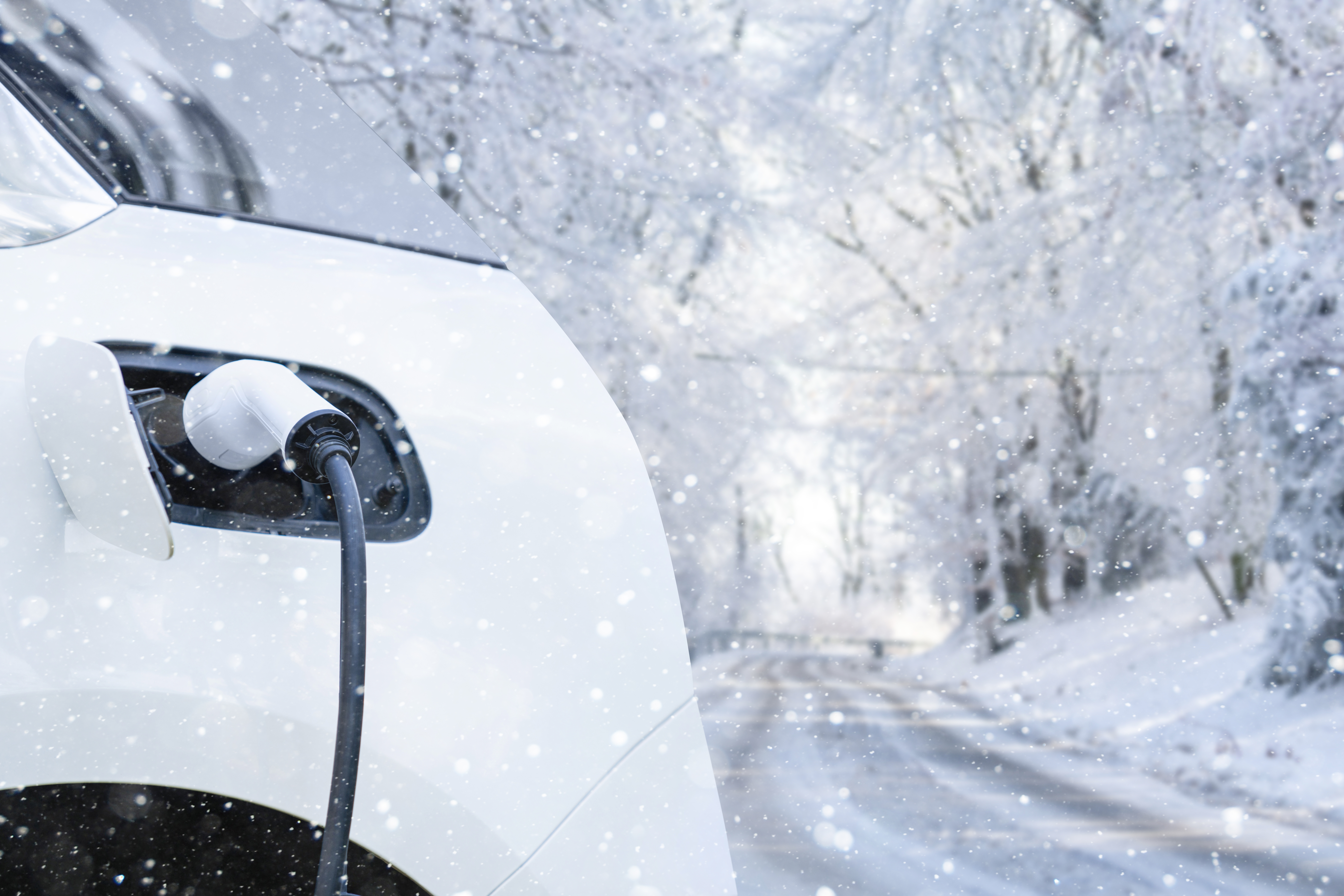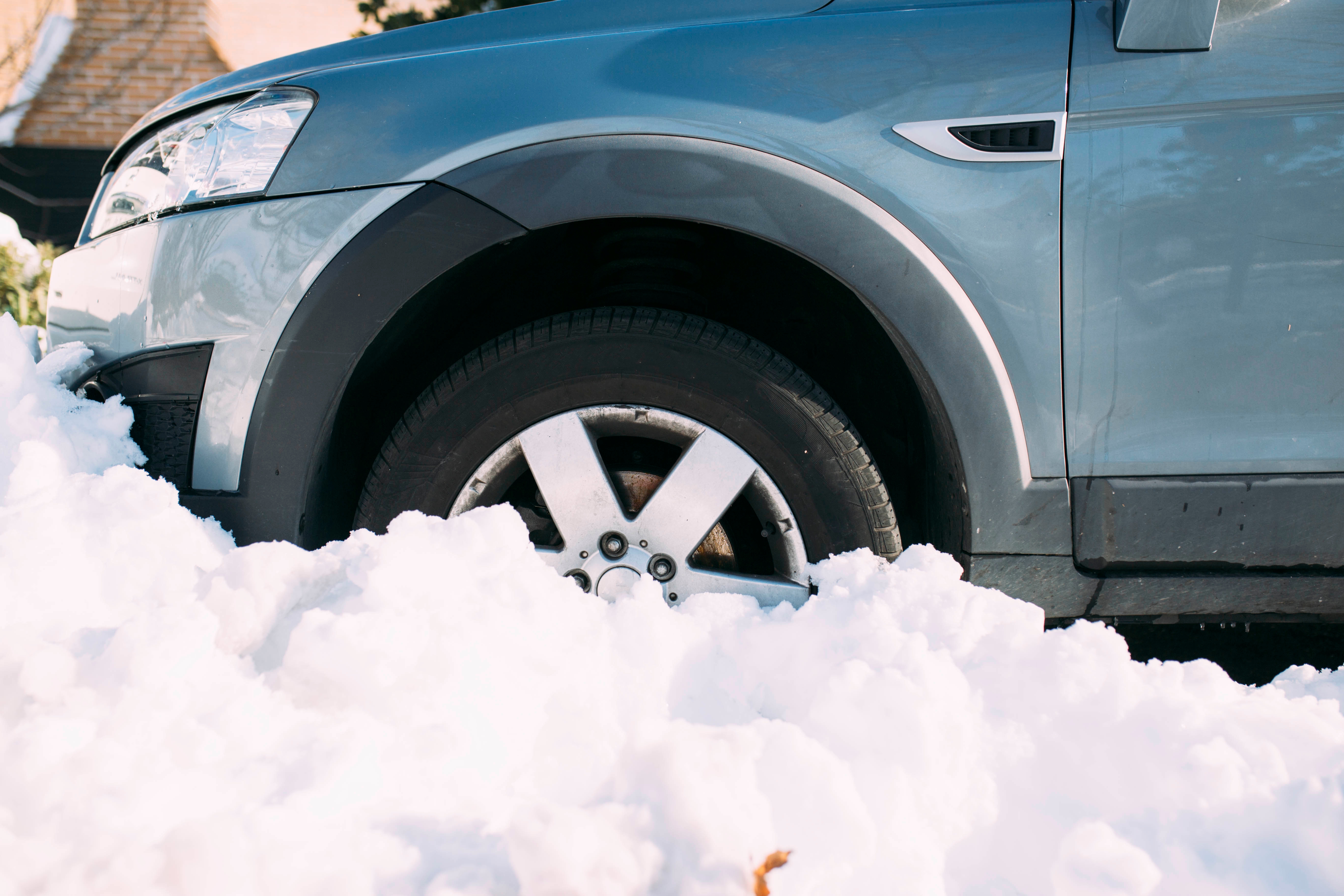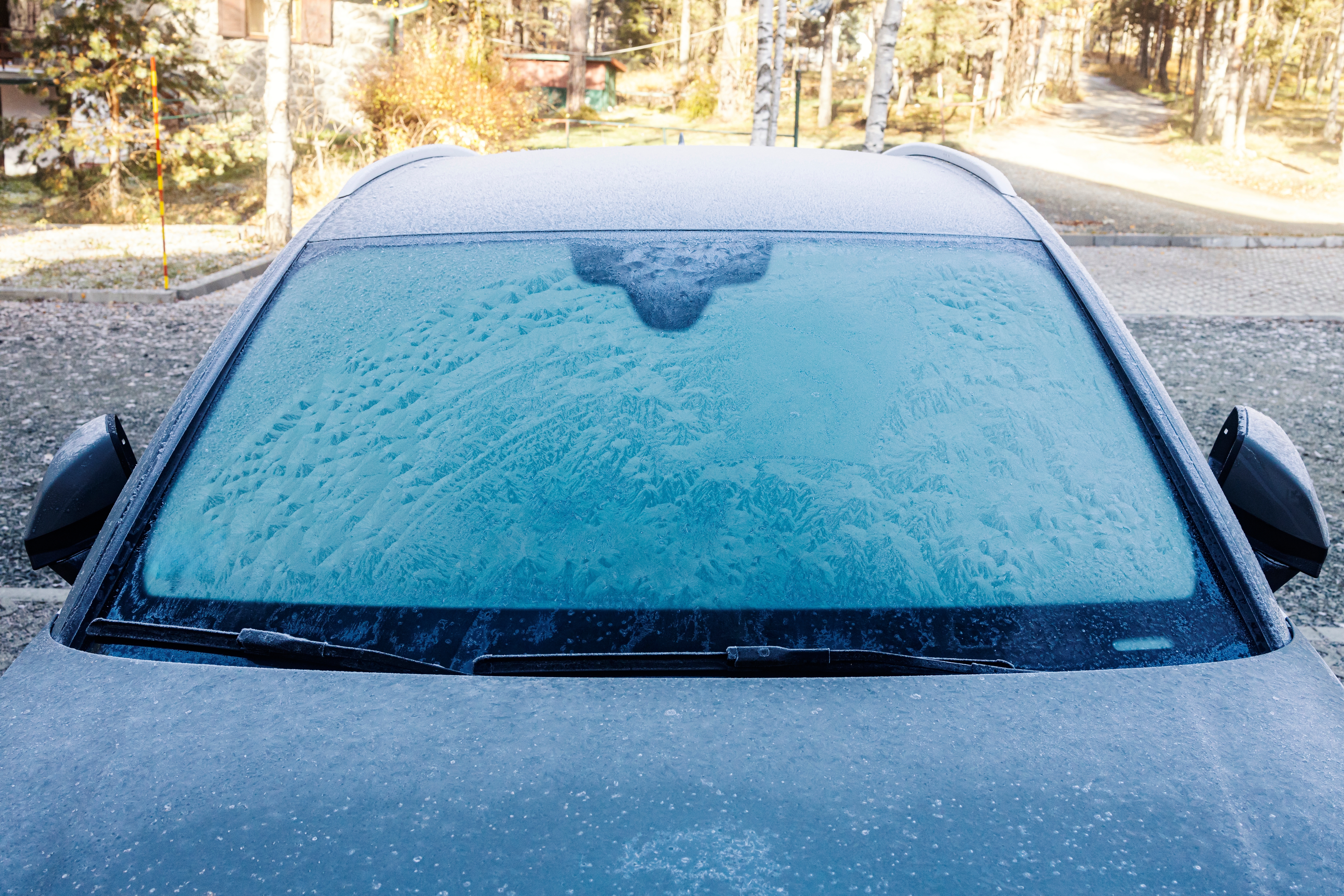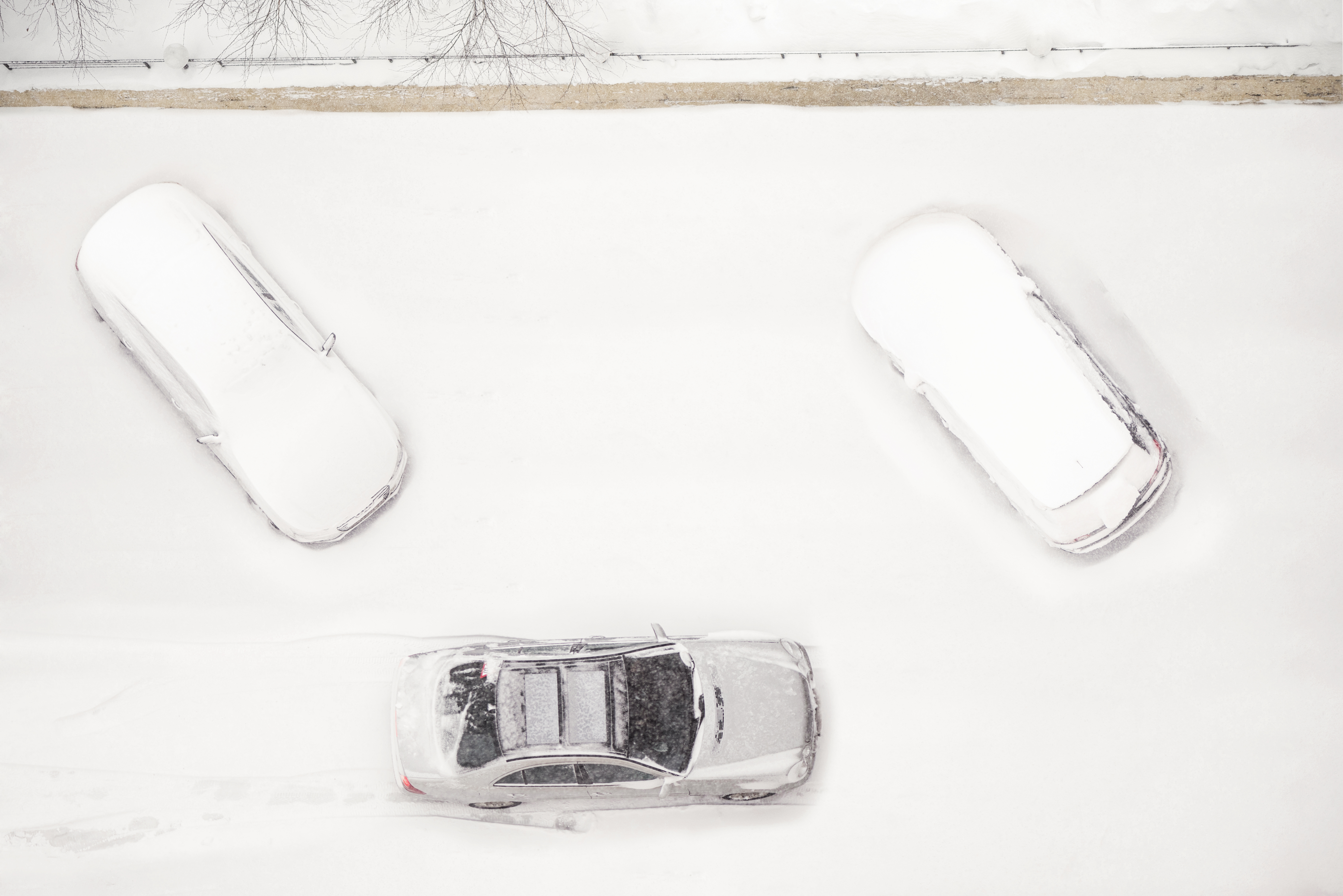
Cold Weather, Warm Battery: Essential Winter Tips for Electric Car Drivers
Electric vehicles aren’t just for sunny days. With the right prep, they’re more than capable of tackling cold mornings, icy roads and snow-covered commutes. Whether you’re a first-time EV driver or just gearing up for another UK winter, understanding how colder weather affects your car can make all the difference.
And don’t worry — despite the rumours, you can absolutely run an EV all year round. You just need to know what to expect.
Cold Weather vs EVs: What Actually Changes?
Electric cars work differently from petrol and diesel vehicles, especially when temperatures drop. While ICE drivers worry about frozen engines and antifreeze, EV owners face things like reduced range, slower charging, and extra strain on the battery.
Lithium-ion batteries don’t love the cold. The chemical reactions inside them slow down in lower temperatures, which means they can’t charge or deliver power as efficiently. You may notice your predicted range drops, charging takes longer, or energy consumption increases when running heating and electronics inside the vehicle.
But winter doesn’t mean EVs are unusable. Look at Chris and Julie Ramsey, who completed a full Arctic-to-Antarctica drive in a Nissan Ariya — proof that with the right prep, an EV handles harsh conditions just fine.
Norway — one of the coldest EV markets in the world — has more electric cars per capita than anywhere else. So a UK winter? Easy work.

How Much Range Will You Lose?
There’s no single answer, because every model reacts differently to the cold. Some drivers might only lose a small percentage of range, while others see a 30-40% drop during extreme cold spells. But even at that level, most UK journeys fall well within that reduced range.
WhatCar?’s yearly winter range test puts dozens of EVs through real-world cold-weather driving. If you want to know exactly how your model performs, their results are well worth a look.
The biggest thing you can do is plan ahead: set off with a topped-up charge, watch your predicted range, and avoid letting the battery get too low in freezing conditions.
Heating, Energy Use and Cabin Comfort
The heater is one of the biggest energy drains in any EV. Blast it constantly and you’ll eat into your range faster than you expect. Turning it down, using seat warmers instead, or preheating the cabin while the car is plugged in can massively reduce energy loss.
Anything that requires electrical power — lights, blowers, wipers — will impact the battery. It’s not about avoiding them, just using them smartly.

Tyres, Traction and Staying Safe on the Road
Winter driving is all about grip. Cold roads, ice and snow make traction essential — and your tyres are the only thing connecting your EV to the ground.
Because EVs weigh more than combustion cars, tyre condition matters even more. That means:
– Correct tyre pressure
– Good tread depth
– No cracks or uneven wear
– Switching to winter tyres if you regularly drive in harsh conditions
The right pressure improves efficiency and braking distance. Remember, tyre pressure drops naturally in cold weather — so keep topping it up. Most EVs have recommended PSI printed on a sticker inside the car.
Top Ways to Prepare Your EV for Winter
One of the best tricks is preconditioning. Most modern EVs let you warm the battery and cabin while still plugged into the charger. That means you start your journey in a warm car, with more energy available for driving instead of heating.
Short, frequent drives also help maintain battery temperature and efficiency, instead of leaving the car sitting in freezing weather for long periods.
Seat heaters are another smart hack — much more efficient than heating the whole cabin.

Better Charging Habits for Cold Weather
Cold batteries take longer to charge and accept less energy. That’s normal. But you can work around it.
Charging at home overnight gives the battery a full opportunity to warm and charge properly. If your workplace has charging, plug in while the battery is still warm from driving. And if you can park in a garage or sheltered space, do — it helps the battery retain heat.
Charging more often (rather than only when it’s empty) is also advisable in winter. It prevents range anxiety and makes sure you’re always topped up and ready.
Winter-Proof Charging Locations
Not all charging stations are created equal in bad weather. Some have shelter, lighting and easier access than others. Tools like Connected Kerb can help you find stations that offer protection from rain, snow and freezing winds — something you’ll be grateful for when it’s 1°C and blowing sideways.

New Tech Making EV Winters Easier
Battery innovation is rapidly tackling the cold-weather issue. Lithium-sulphur and solid-state batteries are being designed to store more energy, charge faster and operate efficiently in low temperatures. Solid-state units can already function at –4°F, and they don’t rely on liquid electrolytes the way standard lithium-ion cells do.
Battery recycling and second-life repurposing are also on the rise – helping reduce waste and environmental impact even further.
Heat pumps are becoming increasingly common, too. They warm the car more efficiently than traditional resistive heaters and use far less power, meaning better range in winter.
Smart car features such as eco mode and scheduled preconditioning are becoming standard across modern EVs — making winter driving easier, safer and more energy-efficient.
Final Word
Yes, EVs lose a bit of range in cold weather. Yes, they take longer to charge. But with some simple planning and the right habits, your electric vehicle will run perfectly well all winter.
Precondition before you drive. Keep your tyres healthy. Charge smart. Use the tech your car already has. And remember — if drivers in Norway can survive -15°C winters in a Kia EV6, the UK is a walk in the park.
Want to learn more about winter prep, smart charging, or leasing an EV built to handle all four seasons? Chat to our team and we’ll help you find the right model.
Interested in leasing an EV?
Interested in leasing an EV? Why not get in contact today! Our team would be happy to help!
T: 0121 427 9477
W: https://www.expressvehiclecontracts.co.uk/
E: sales@expressvehiclecontracts.co.uk
Credits to Shutterstock FTiara for images
Credits to Shutterstock nblx for images
Credits to Shutterstock Scharfsinn for images
Credits to Shutterstock Dusan Petkovic for images
Credits to Shutterstock Arina P Habich for images
Credits to Shutterstock EGHStock for images










